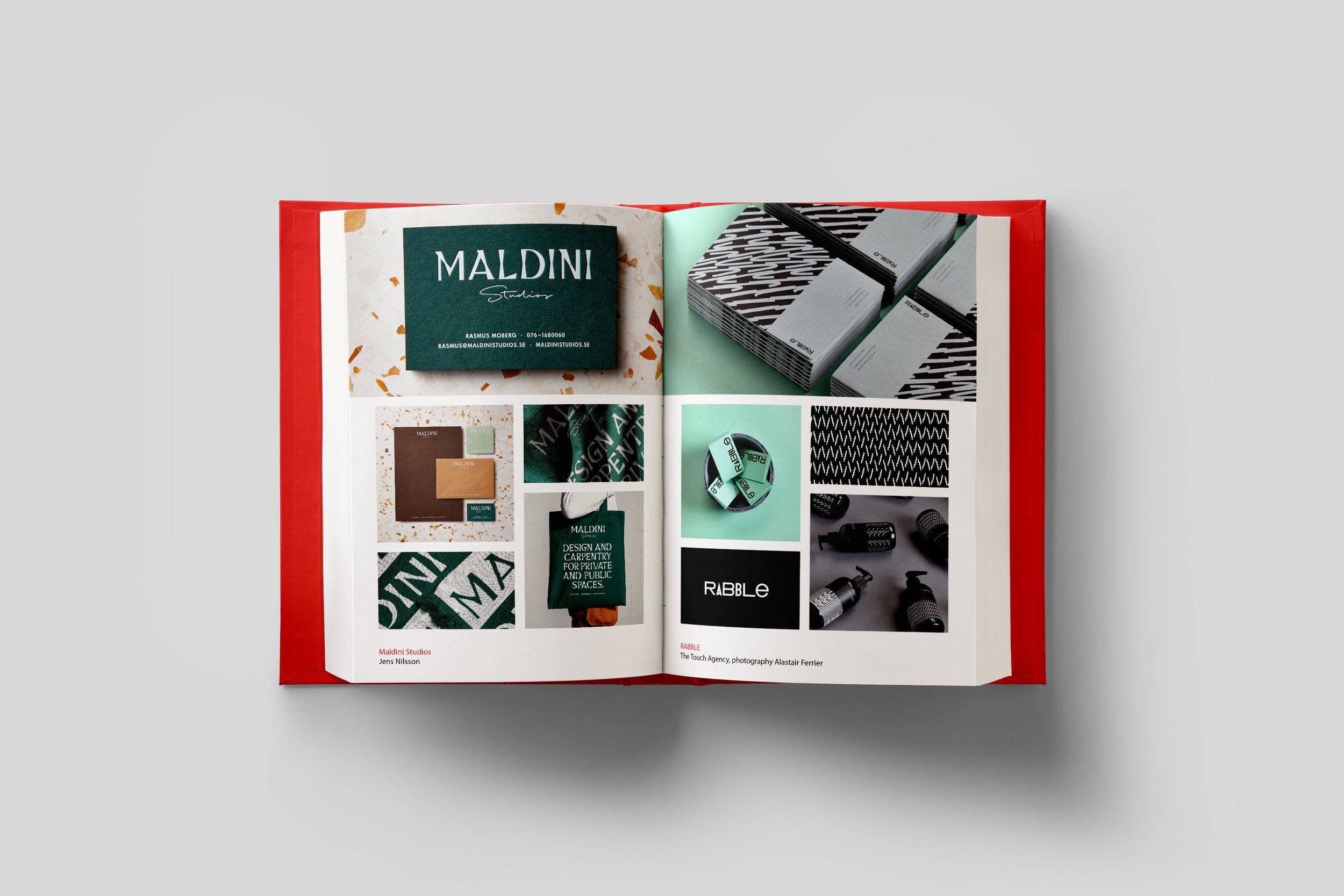Article: How to succeed at freelancing

How to succeed at freelancing
Black women in 2018 are the fastest-growing group of entrepreneurs and for Women's History Month we are here to celebrate that. #HerStoryShared celebrates successful women at every stage of their journey. From their vision to the final product, their struggles to their successes, we want to celebrate every aspect of being an entrepreneur.

Starting with Naomi Bassey; an award-winning freelance Designer and Art Director alongside Founder of Yours Truly Club and Co-Founder of Inspo Finds. Find out how she navigates her way through self-employment, dispelling myths and sharing the most important traits you need to be successful.
Thinking of going freelance? This one's for you.
When you first became a freelancer how did you find your first client?
It may sound cliché but my first three clients came from word of mouth. My initial client came whilst I was still in my permanent role. This was not the plan however I knew the importance of taking on my own clients and delivering a great job and body of work.

© Naomi Bassey Design
Have you experienced any unexpected struggles since freelancing? If so how did you deal with them?
The main one for me was when you freelance you are your own boss and you deal with everything. You're doing so many different roles from client liaisons, project management, account management, financial, art direction, social management and of course designing and all of that can be quite overwhelming. You never stop thinking about what you could be doing with your time, your clients, your to-do lists, and the next steps so it can be hard to cut off from work and not become a workaholic.
I went freelance for flexibility and more control over my work-life balance, more choice with the clients and projects I work with and to give myself more freedom to start my other businesses Yours Truly and Inspo Finds but with that does come feelings of being overwhelmed and stressed. I’ve been freelancing for just under a year now and I still experience these feelings when I put too pressure much on myself. The best way to deal with it is to call my family or friends and just let it all out. It is important not to keep everything in your own head. It’s great because now my family and friends know more about my business and clients. By them simply asking about it, makes you feel like it’s not on your shoulders alone. I often remind myself why I'm grinding the way I am, what the bigger picture is and where I want to go. It is so important to have time away and cut off from it all — you’ll come back less stressed and more inspired.
Other than the quality of your work, what would you say is the most important trait a freelancer should possess to be successful?
Oh, that’s quite hard because every client and agency's needs are different, but to generalise I think there are certain qualities that can get you far. I believe that being passionate and positive is so important. What you put out there you get in return. Be excited and that leads onto confidence, it's important to build your confidence as a freelancer, it can be easy to be stuck in your own head and feel that you can’t do something especially if you have a creative block. Try not to be negative about yourself and your work, even if you have to fake the confidence until you believe it — do it.
I would also say discover your own unique process. From taking that initial email to delivering the project, give your client an experience not just a body of work. This is what will set you apart as no-one is you, even if someone else can do the same work as you, people also remember how you made them feel. So aim to deliver your best work and experience.
“Be on your grind on your own terms"
What’s the biggest misconception of freelancing?
Going back to what I was explaining about having a work-life balance, people think that because you don’t have a 9-5 you have so much free time to lounge around, but it's the complete opposite. My dream is so big that I now work more hours than I ever have whilst permanent. It’s important to know more 'free time' comes after the hard work. When you begin freelancing you still have to be on your grind, but be on your grind on your own terms.
Credits
Words by: Swakara Atwell-Bennett
Interviewee: Naomi Bassey
Images by: Naomi Bassey, Inspo Finds





Leave a comment
This site is protected by hCaptcha and the hCaptcha Privacy Policy and Terms of Service apply.